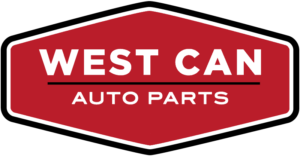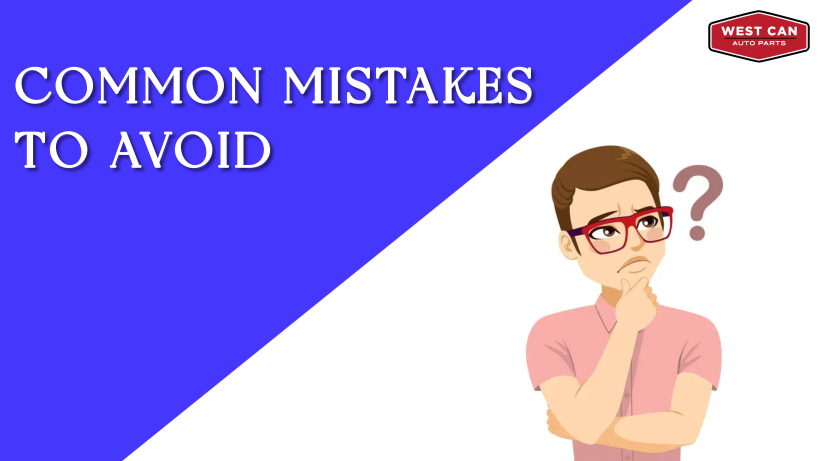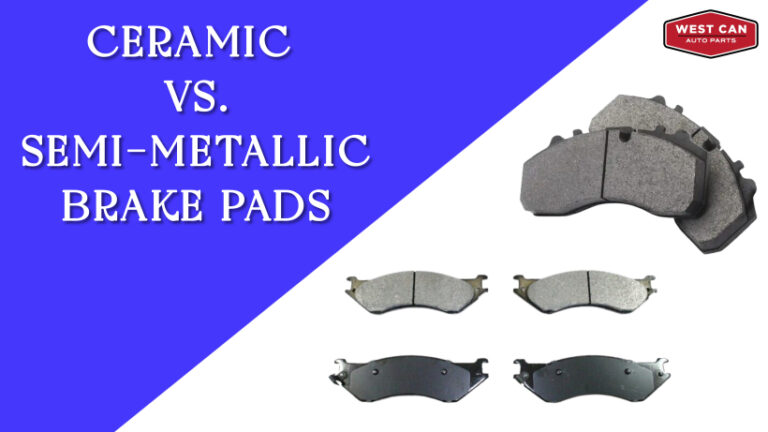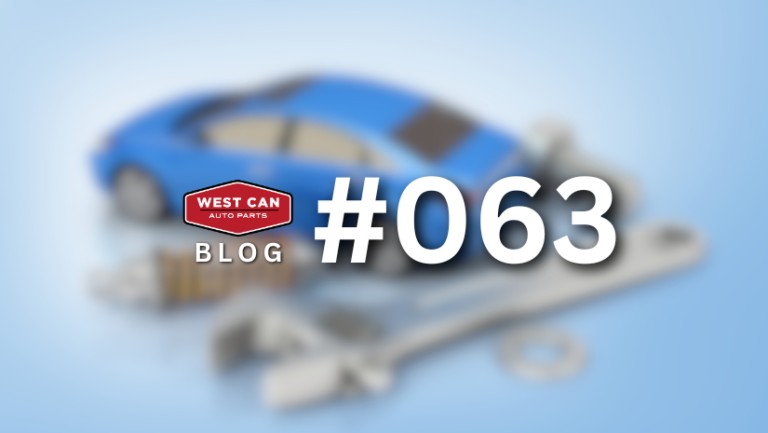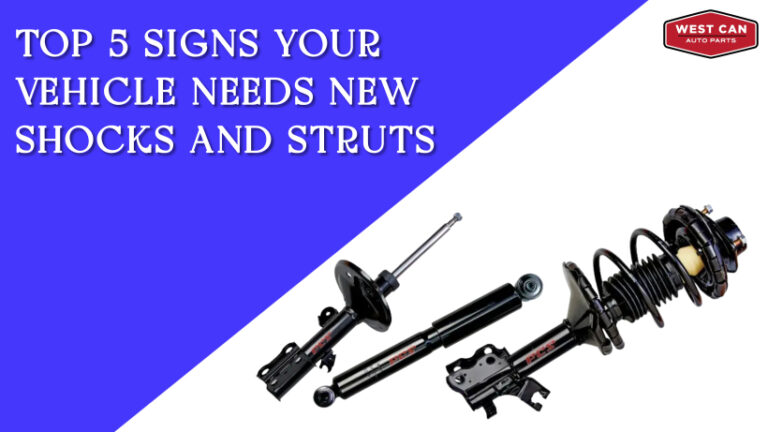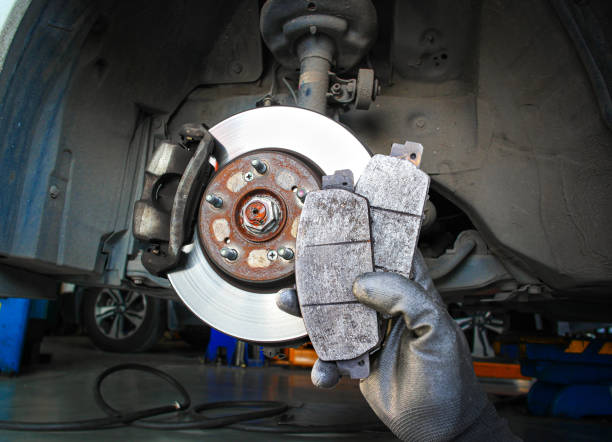Common Mistakes to Avoid When Buying Auto Parts for Your Car
Buying auto parts for your vehicle can be a daunting task, especially with the variety of options available both online and in stores. Whether you’re a seasoned DIY mechanic or someone just getting into car maintenance, avoiding common mistakes when purchasing auto parts can save you time, money, and headaches. Here’s a guide to help you navigate the process and make informed decisions.
1. Not Knowing Your Vehicle's Exact Specifications
One of the most common mistakes when buying auto parts is failing to know your vehicle’s exact specifications. Every vehicle has unique requirements, from the engine type to the year, make, and model. Without this information, you risk buying parts that may not fit or function correctly.

How to Avoid: Always have your vehicle’s information on hand, including the VIN (Vehicle Identification Number), which can help you pinpoint the exact parts needed. You can also check your owner’s manual for specific details or use online tools provided by parts retailers to match parts to your car.
2. Choosing Price Over Quality
It can be tempting to go for the cheapest option available when purchasing auto parts, especially if you’re on a budget. However, cheaper parts are often made with lower-quality materials and may not last as long as higher-priced, more reliable parts. This could lead to frequent replacements, costing you more in the long run.
How to Avoid: Focus on quality over price. Research reputable brands and read reviews from other buyers. Investing in quality parts ensures better performance and durability, ultimately saving you money and time in the long run.
3. Ignoring OEM vs. Aftermarket Differences
Another common mistake is not understanding the difference between OEM (Original Equipment Manufacturer) and aftermarket parts. OEM parts are made by the vehicle’s manufacturer and are designed to fit and function perfectly with your car. Aftermarket parts, on the other hand, are produced by third-party manufacturers and may vary in quality and fit.
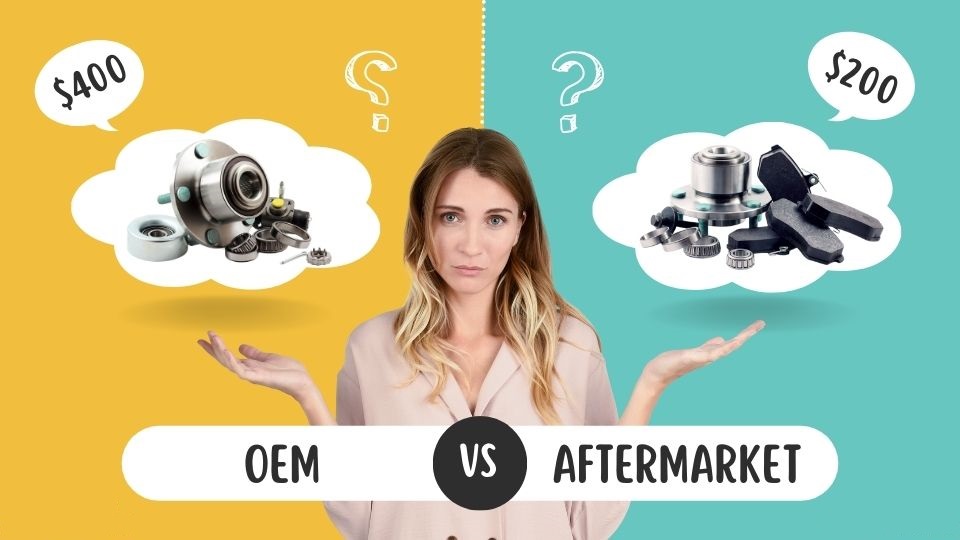
How to Avoid: Decide whether OEM or aftermarket parts are right for your needs. If you want guaranteed fitment and quality, OEM parts are the safer choice. However, if you’re looking for cost savings or performance upgrades, some aftermarket parts can offer great alternatives. Just make sure to research and choose reputable aftermarket brands.
4. Not Verifying the Return Policy
Not all auto parts come with a hassle-free return policy, especially if you’re buying online. Some retailers may have strict return policies or restocking fees, which can be problematic if you end up with the wrong part. Overlooking this detail can leave you stuck with a part that doesn’t fit or work with your vehicle.
How to Avoid: Before purchasing, always check the retailer’s return and exchange policies. Make sure there’s a clear process for returning parts that don’t fit or are defective. Opt for sellers who offer flexible return options, especially if you’re not 100% sure about the part compatibility.
5. Overlooking Compatibility Across Different Models
Just because a part fits one model year doesn’t mean it will fit another. Even minor differences between models in the same vehicle line can affect part compatibility. For instance, a part designed for a 2015 Toyota Camry might not be suitable for a 2017 model, even though both vehicles are Camrys.
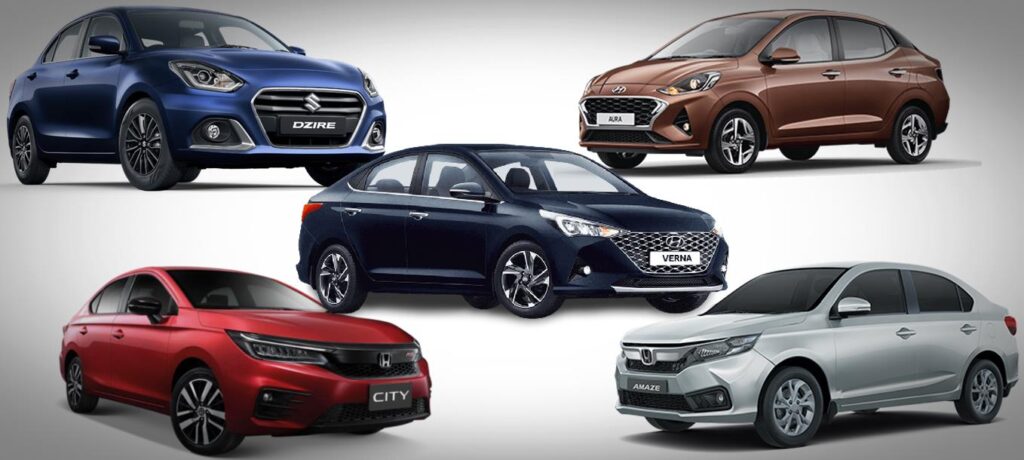
How to Avoid: Always double-check part numbers and compatibility details before making a purchase. Use the VIN or model-specific search tools on retailer websites to ensure that the part you’re buying matches your exact vehicle model and year.
6. Buying Parts Without Research
Impulse buying can be a costly mistake when it comes to auto parts. Many buyers jump into purchasing parts without conducting proper research, which can lead to buying low-quality items, incorrect parts, or components that don’t meet the vehicle’s needs.
How to Avoid: Take the time to research the part you need. Look for product reviews, customer feedback, and expert recommendations. Forums, YouTube videos, and even mechanic shops can provide valuable insights into which parts are reliable and which should be avoided.
7. Forgetting About Core Charges
Some parts, like starters, alternators, and brake calipers, come with a core charge. This is an additional fee that is refunded when you return the old part (the “core”) to the retailer. If you’re unaware of core charges, you might be surprised by the added cost.
How to Avoid: Ask about core charges when buying parts, especially if you’re purchasing remanufactured components. Keep your old part and return it to get your core charge refunded, effectively lowering your overall cost.
8. Failing to Consult a Professional
While DIY repairs can save money, attempting complex repairs without proper knowledge can lead to mistakes, including buying the wrong parts. This can be both frustrating and costly.
How to Avoid: If you’re unsure about a specific part or repair, don’t hesitate to consult a professional mechanic. They can provide expert advice and ensure that you’re purchasing the correct parts for your repair.
Buying auto parts for your vehicle doesn’t have to be a stressful experience. By avoiding common mistakes—such as not knowing your vehicle’s specifications, choosing price over quality, and overlooking return policies—you can ensure that you’re getting the right parts to keep your vehicle running smoothly. Taking the time to research, verify compatibility, and consult professionals when needed will help you avoid costly errors and maintain your car in top condition.
For a hassle-free experience and high-quality parts, we recommend shopping at West Can Auto Parts. They offer a wide range of reliable products tailored to meet your vehicle’s specific needs. With West Can Auto Parts, you can trust that you’re making the right choice, ensuring your car stays in peak performance.
Choose West Can Auto Parts for your next purchase, and enjoy peace of mind knowing you’ve avoided the common pitfalls of buying auto parts. Keep your vehicle in top shape with the right parts and expert advice from West Can Auto Parts.
